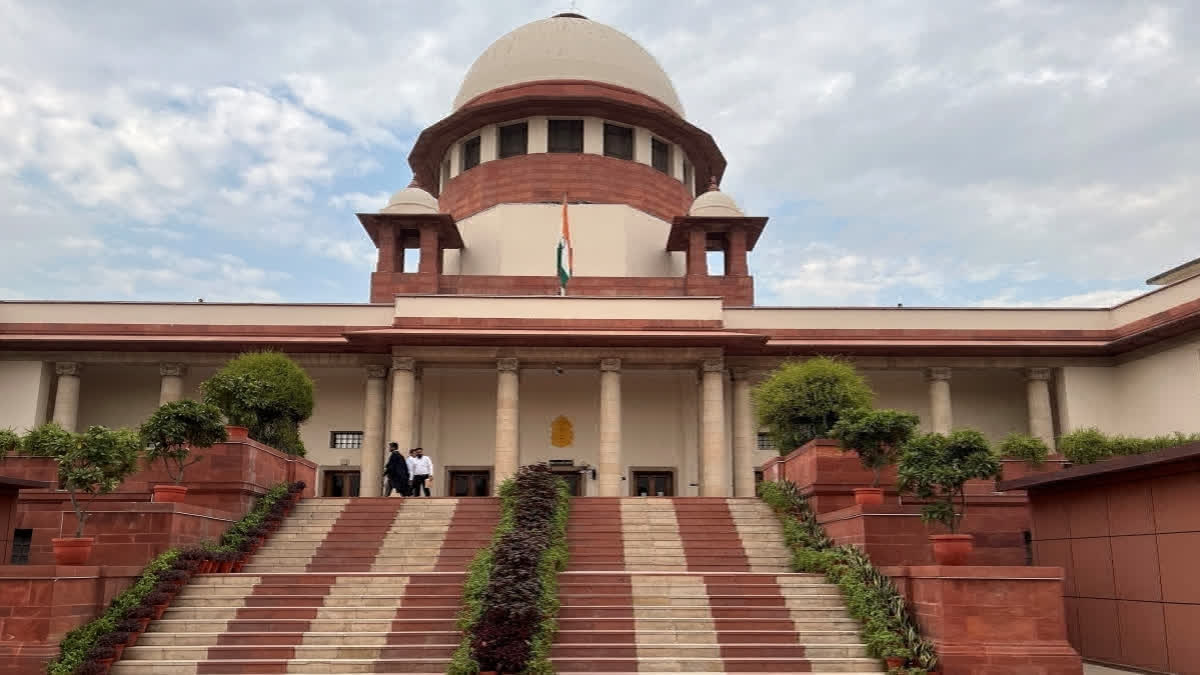New Delhi:In 2023, the Supreme Court disposed of 52,191 cases starting from January 1, 2023, to December 15, 2023, which includes 45,642 miscellaneous matters and around 6,549 regular matters. In the total disposal of cases, 18,449 were criminal matters, 10,348 were ordinary civil matters and a total of 49,191 were registered this year in the apex court. During the vacation, it was for the first time that all the matters, which involved human liberty were duly listed from May 22, 2023, to July 2, 2023, 2,262 matters were listed and 780 matters were disposed of.
According to a source in the apex court, familiar with the development, Chief Justice of India DY Chandrachud streamlined the timeframe required for filing the listing of the matters and, in his tenure, there was a paradigm shift in the filing to the listing of the cases where in place of 10 days, from listing to filing the same was reduced to within 7 to 5 days of listing after verification of the matter. The disposal is highest in terms of numbers since ICMIS (Integrated Case Management Information System) was implemented in the year 2017, according to an official report
A senior officer said in the full court meeting, that it was resolved that Monday and Friday would be miscellaneous days, Tuesday would be specifically kept for after-notice miscellaneous matters, and Wednesday and Thursday were categorised as regular matter days. “The result of the said strategy impacted the disposal of matters where the important matters were disposed of category-wise. About the disposal of regular matters, the said strategic intervention resulted in three times the disposal of the number of matters instituted during the said period”, said an official report.
The officer said the decision to constitute special benches resulted in expeditious disposal of special category matters with special emphasis on personal liberty matters, eviction matters and service matters. “In one of the instances, 392 Insolvency and Bankruptcy Code (IBC) cases were disposed of by the court in a single instance and in another case, 700 matters were heard and reserved for judgment. Similarly, several courts disposed of batch matters. Thereafter, three judges' benches were constituted which sat for 166 sittings and dealt with important three-judge bench matters and references," added the report.
